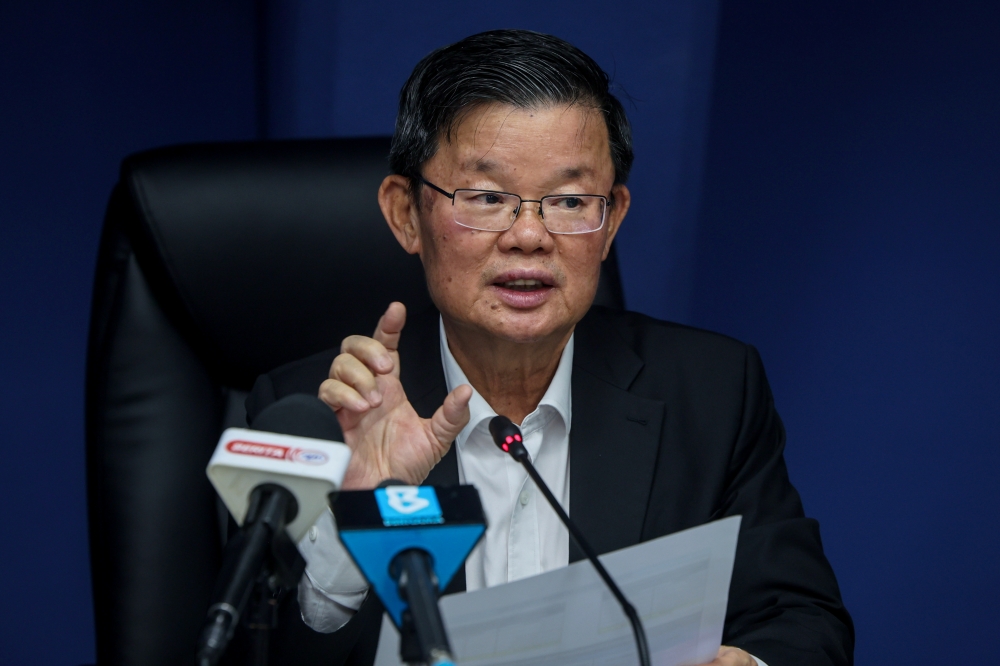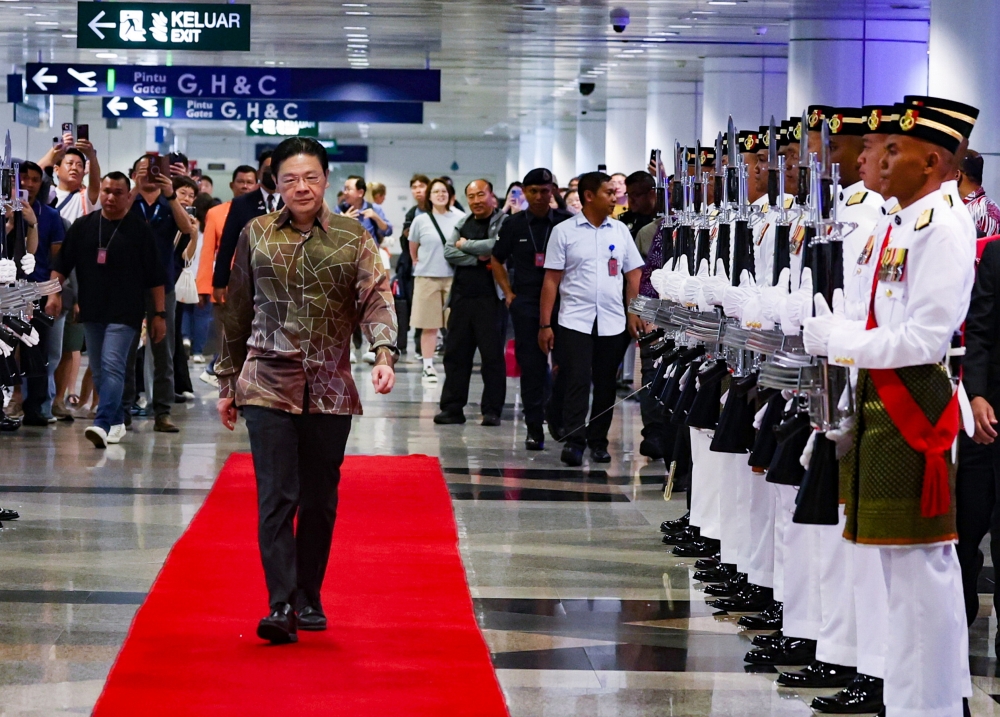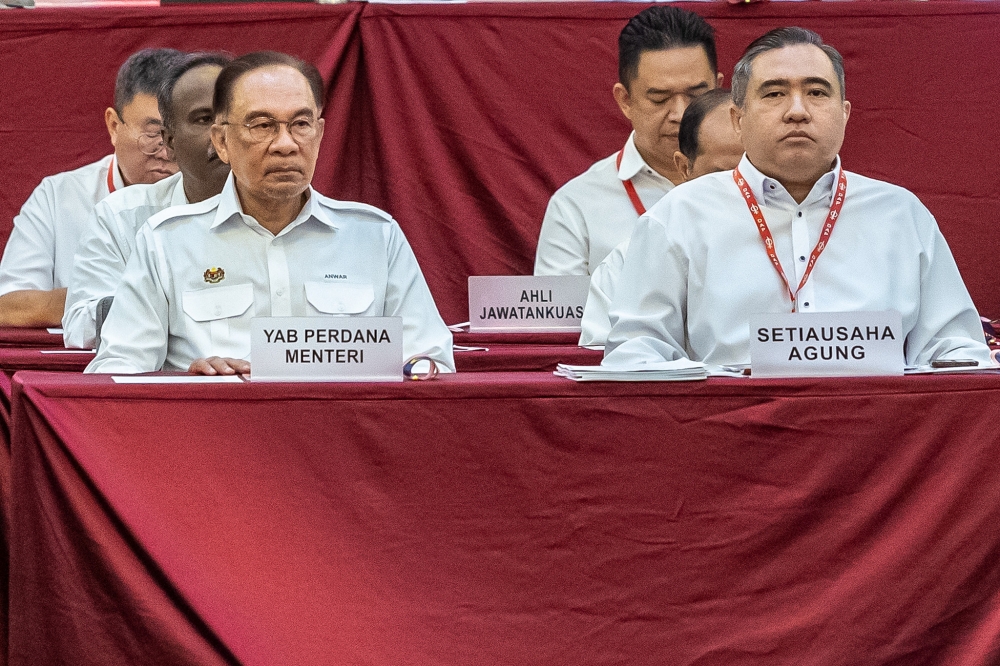KUALA LUMPUR, April 1 — Some 510 homeless people have now been homed in two transit and four community centres around the capital under a Kuala Lumpur City Hall (DBKL) mission to track them down and keep them safe while the movement control order (MCO) is in place.
KL mayor, Datuk Nor Hisham Ahmad Dahlan, said that besides the homeless transit centre in Jalan Pahang and Anjung Singgah, four community centres and multipurpose halls under the city council — the Sentul Perdana and Setiawangsa community centres, and Alam Damai Cheras and Tasik Ampang Hilir multipurpose halls — have also been turned into temporary shelters.
“We will continue looking for them in the capital and saving them throughout the MCO. Some are in hiding to protect against Covid-19,” he told reporters after visiting the Sentul Perdana community centre today.
He added that they are put through a Covid-19 test before they are homed and so far no one has tested positive.
He said placement is based on three categories: the healthy, those with a communicable disease, mental illness and drug abuse issues, as well as non-citizens.
“The healthy are being housed at the Sentul Perdana community centre and Tasik Ampang Hilir multipurpose hall with 181 and 62 people each, while the Setiawangsa community centre, with 95 people, is for those with issues and the Alam Damai Cheras multipurpose hall has 30 non-citizens,” Nor Hisham said.
Aside from this, 99 men are staying at the Jalan Pahang transit centre, and 43 men and women, including three children, are at Anjung Singgah, with both places run by Yayasan Kebajikan Negara.
He said DBKL is also keeping biometric data on the residents to help agencies channel aid and so forth.
He said non-governmental organisations are welcome to contribute to these shelters but they must get the help of the Welfare Department (JKM) and “follow the National Security Council (MKN) SOP (standard operating procedure).
“Right now, there is no food distribution at Medan Tuanku … not allowed to do it in a group because we want to maintain social distancing,” Nor Hisham said. — Bernama


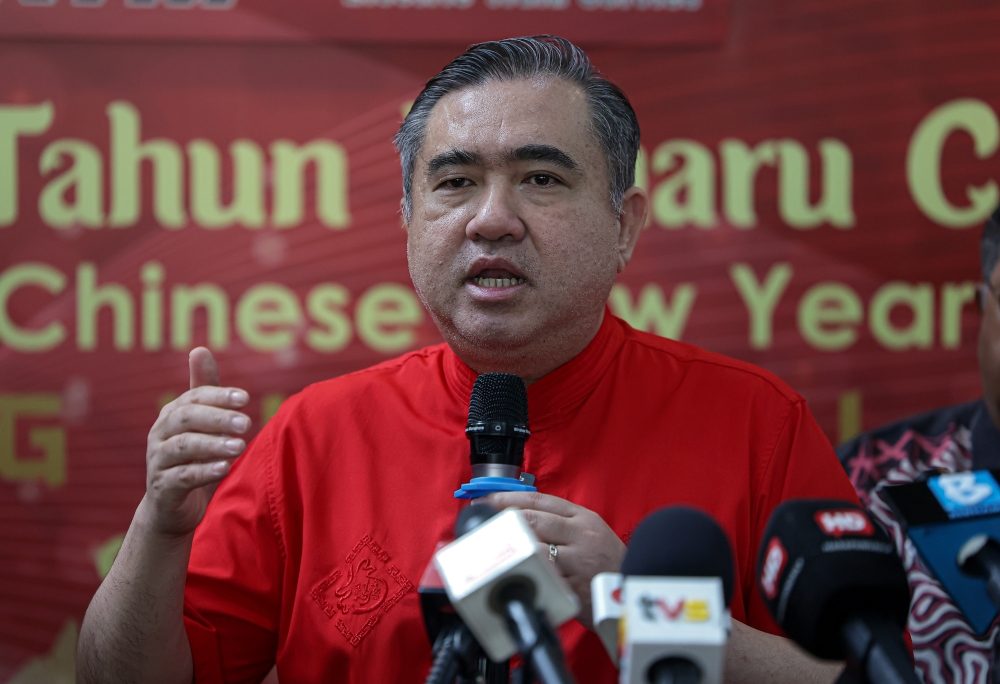
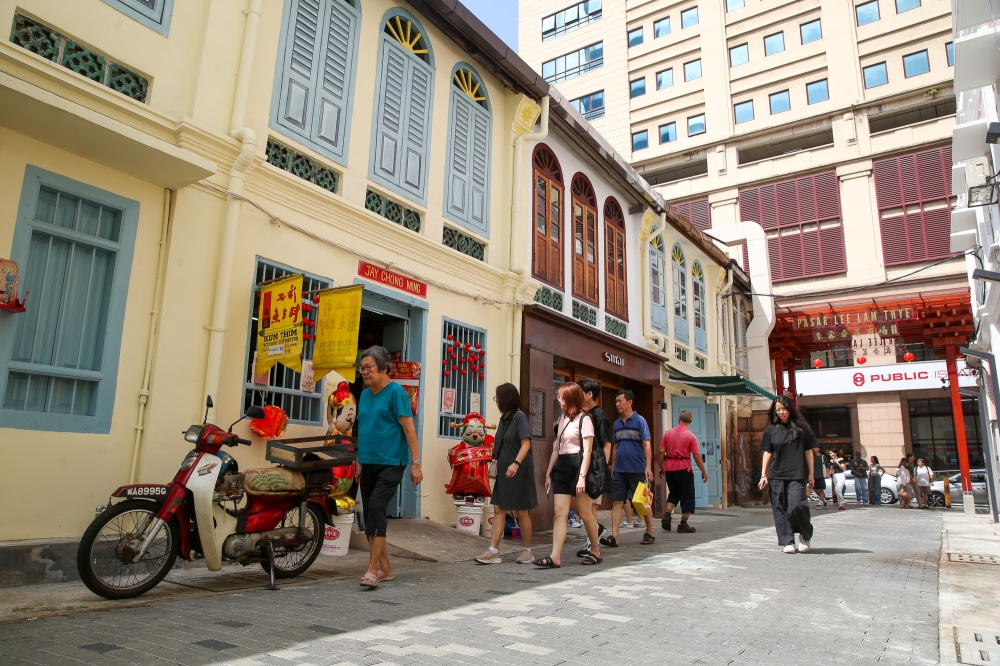
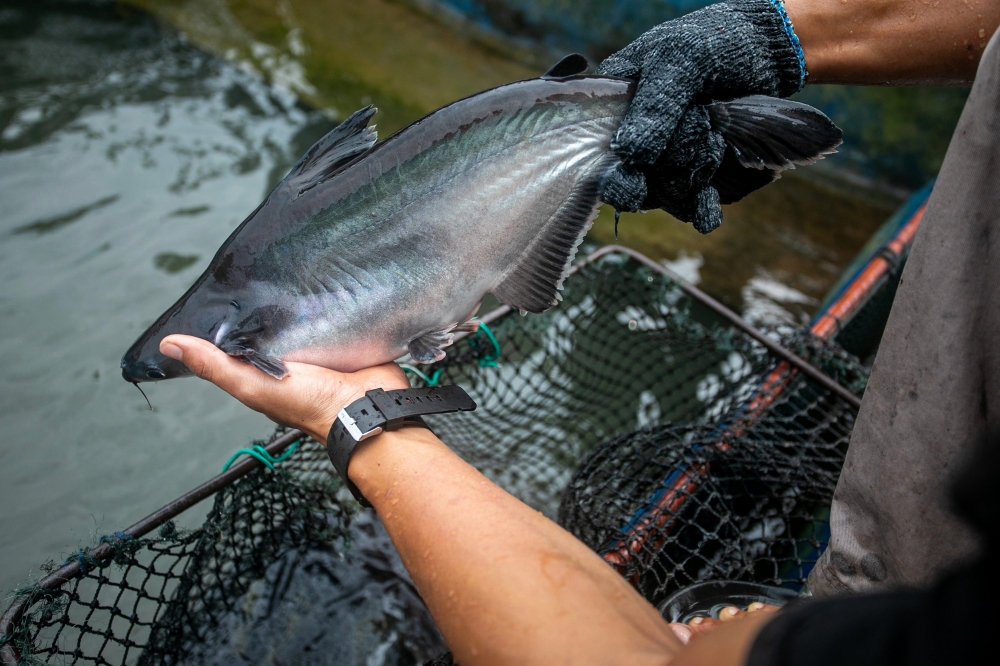
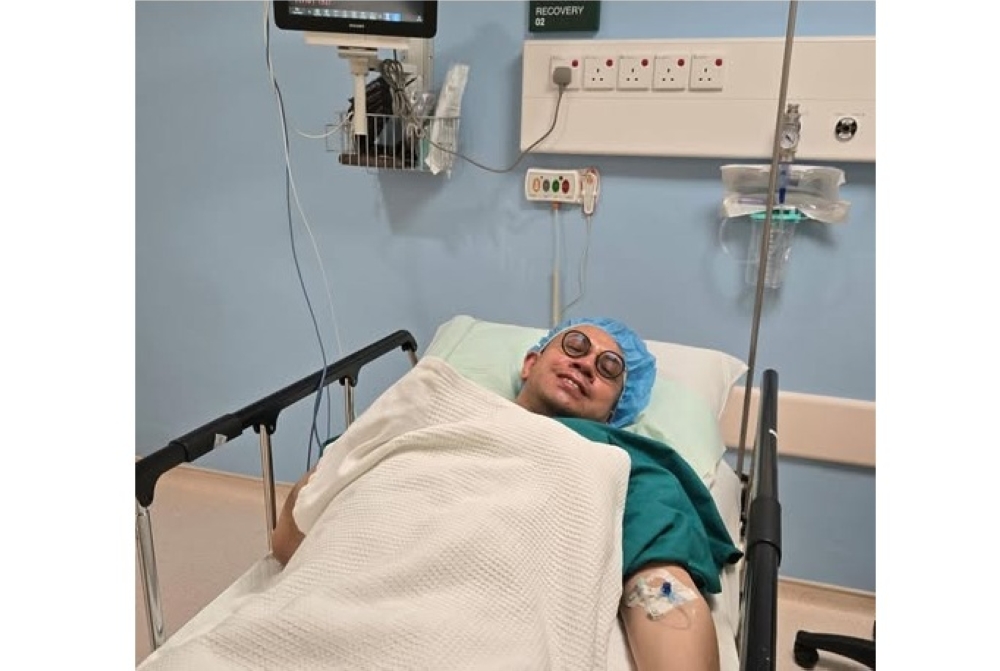
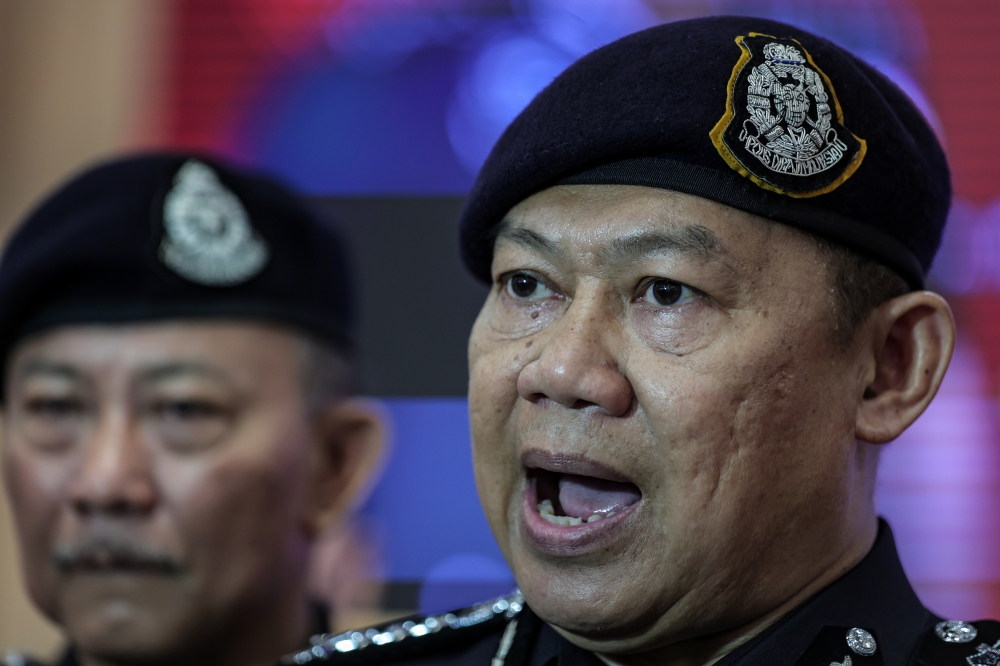
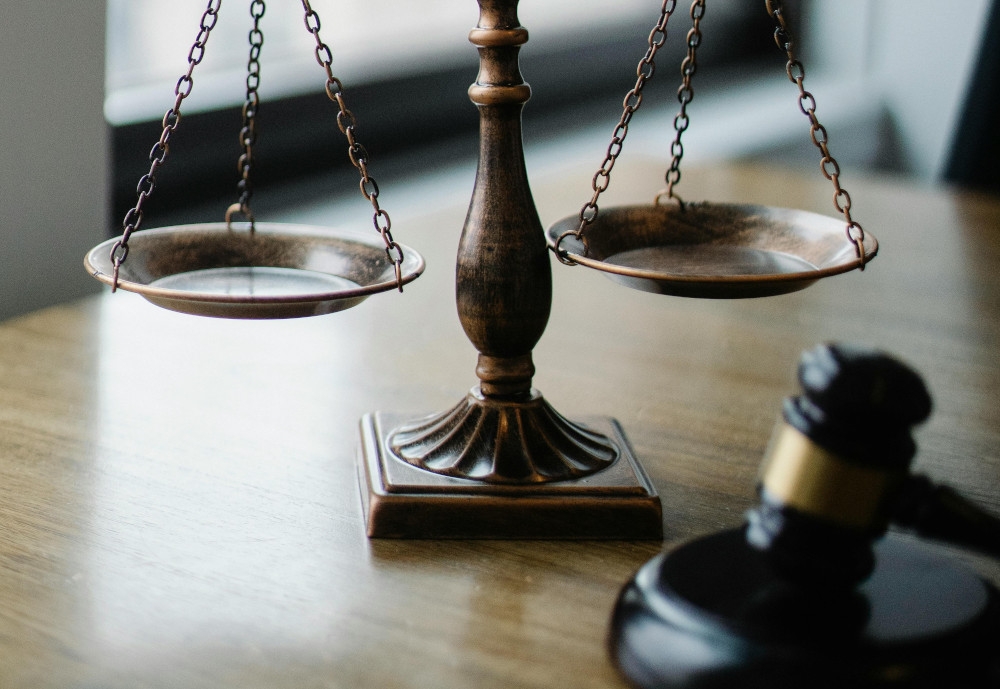
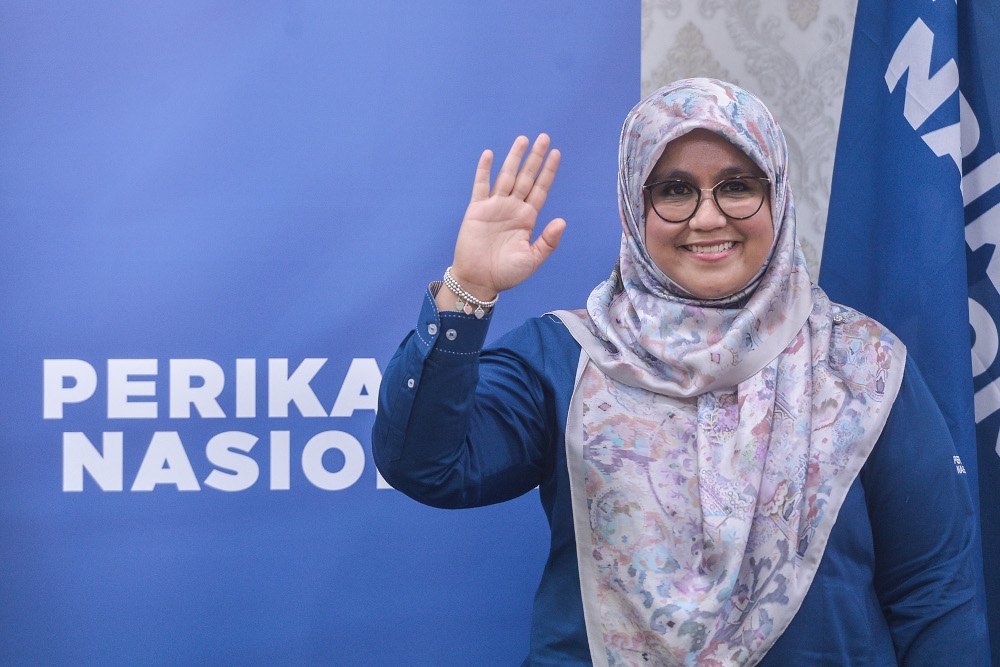
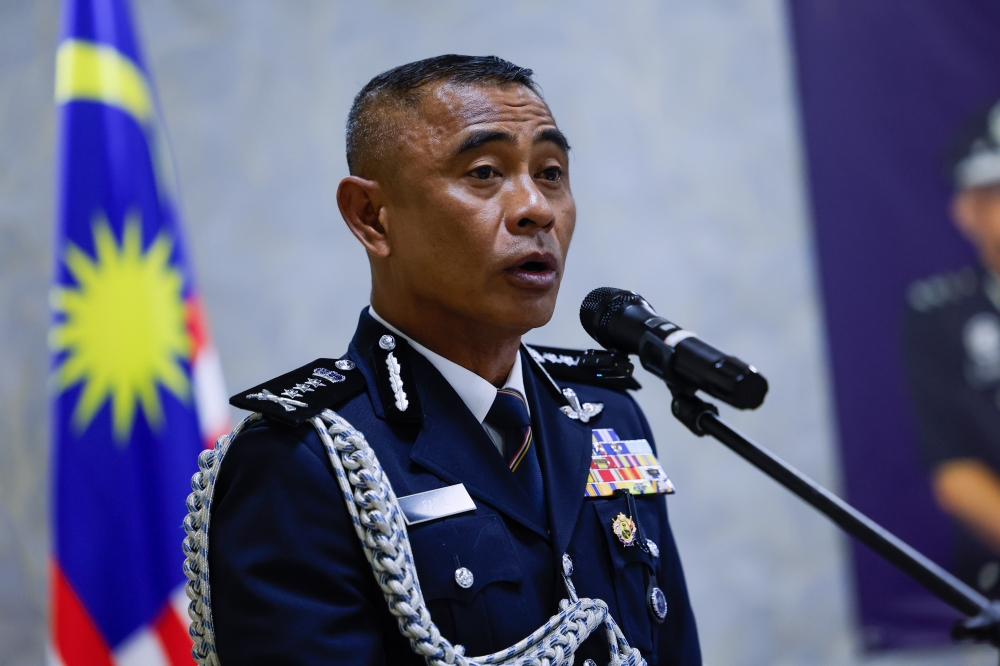
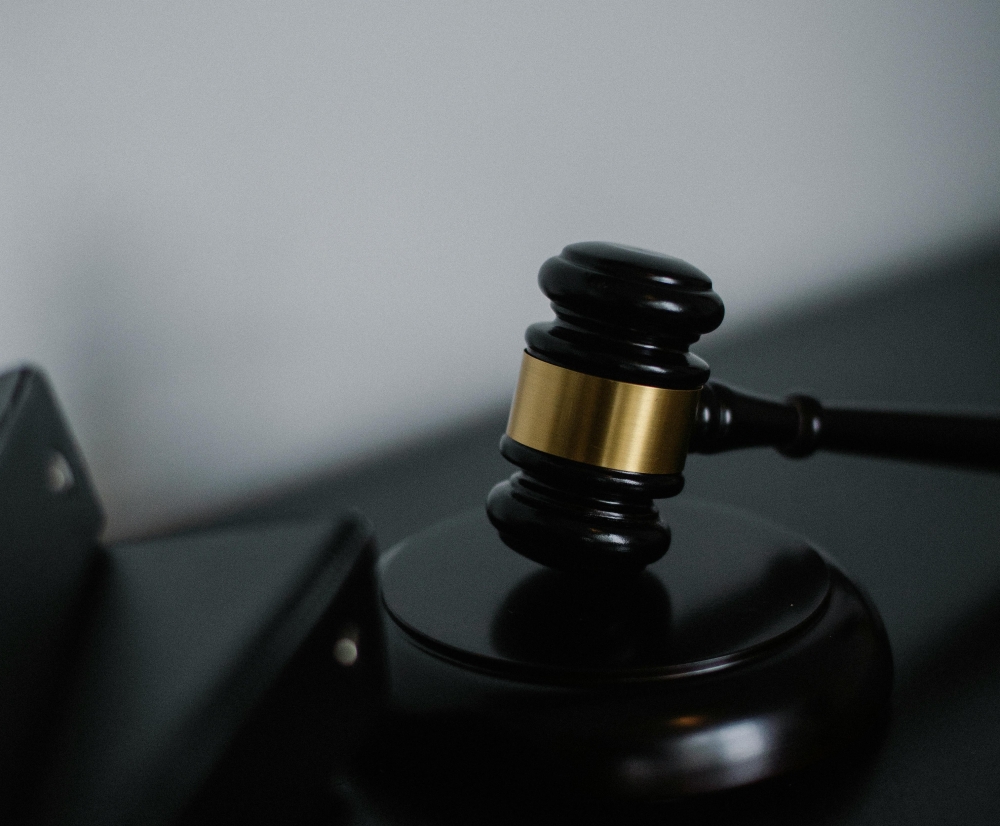
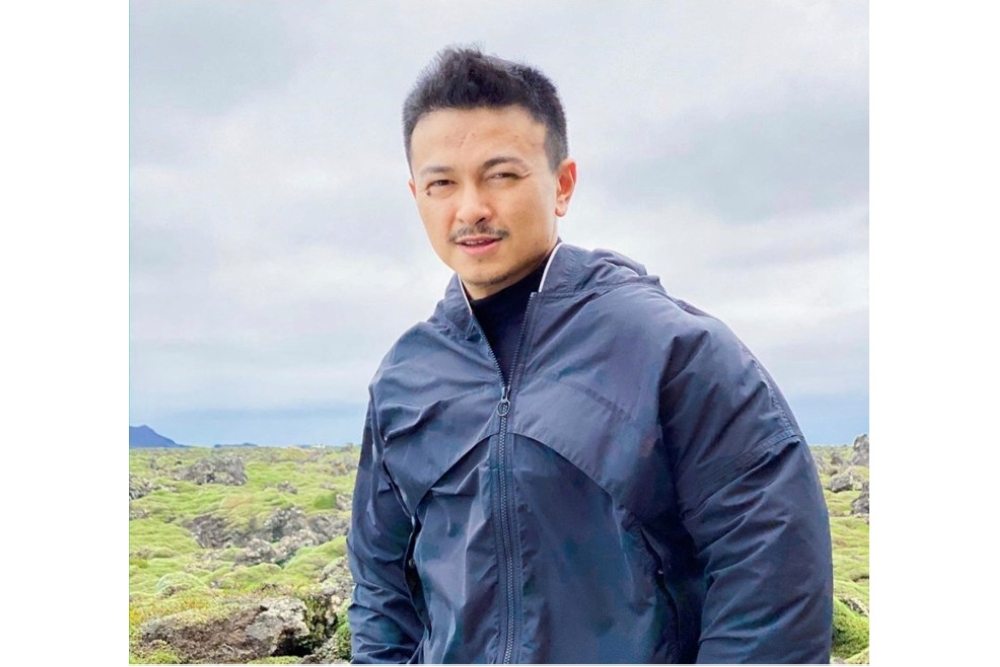
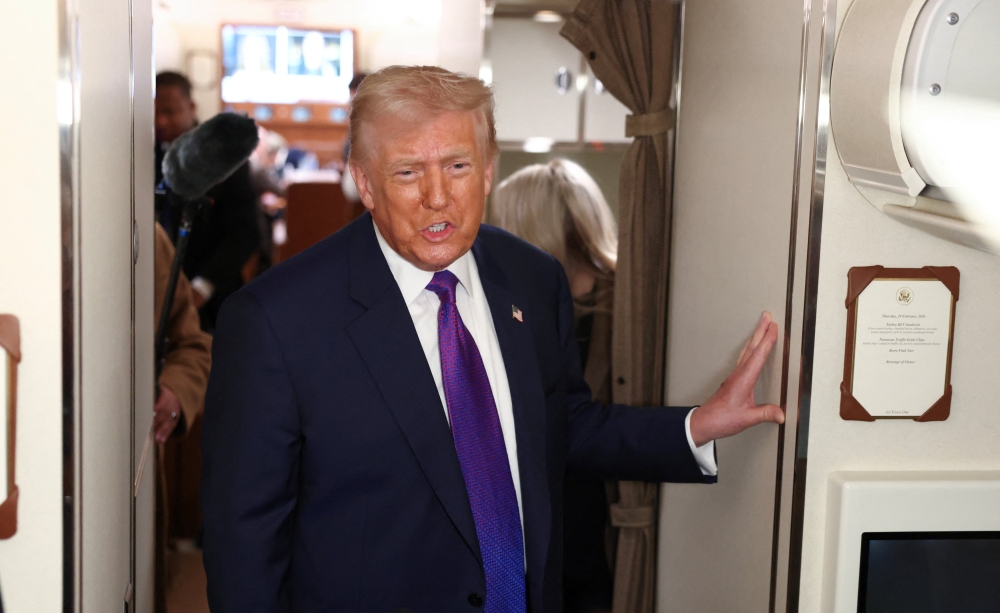

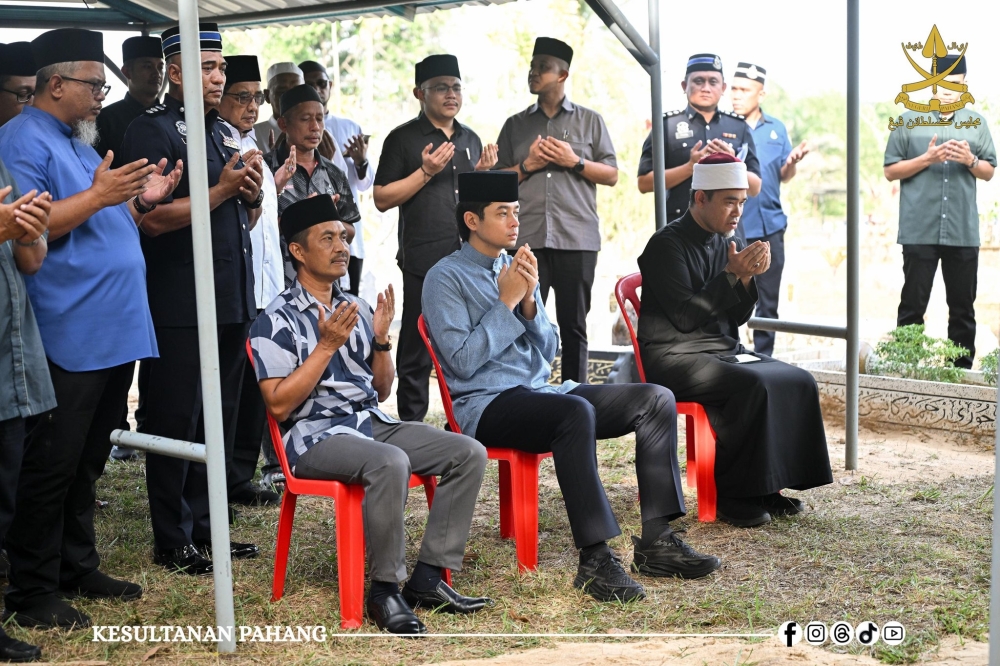

.jpg)
